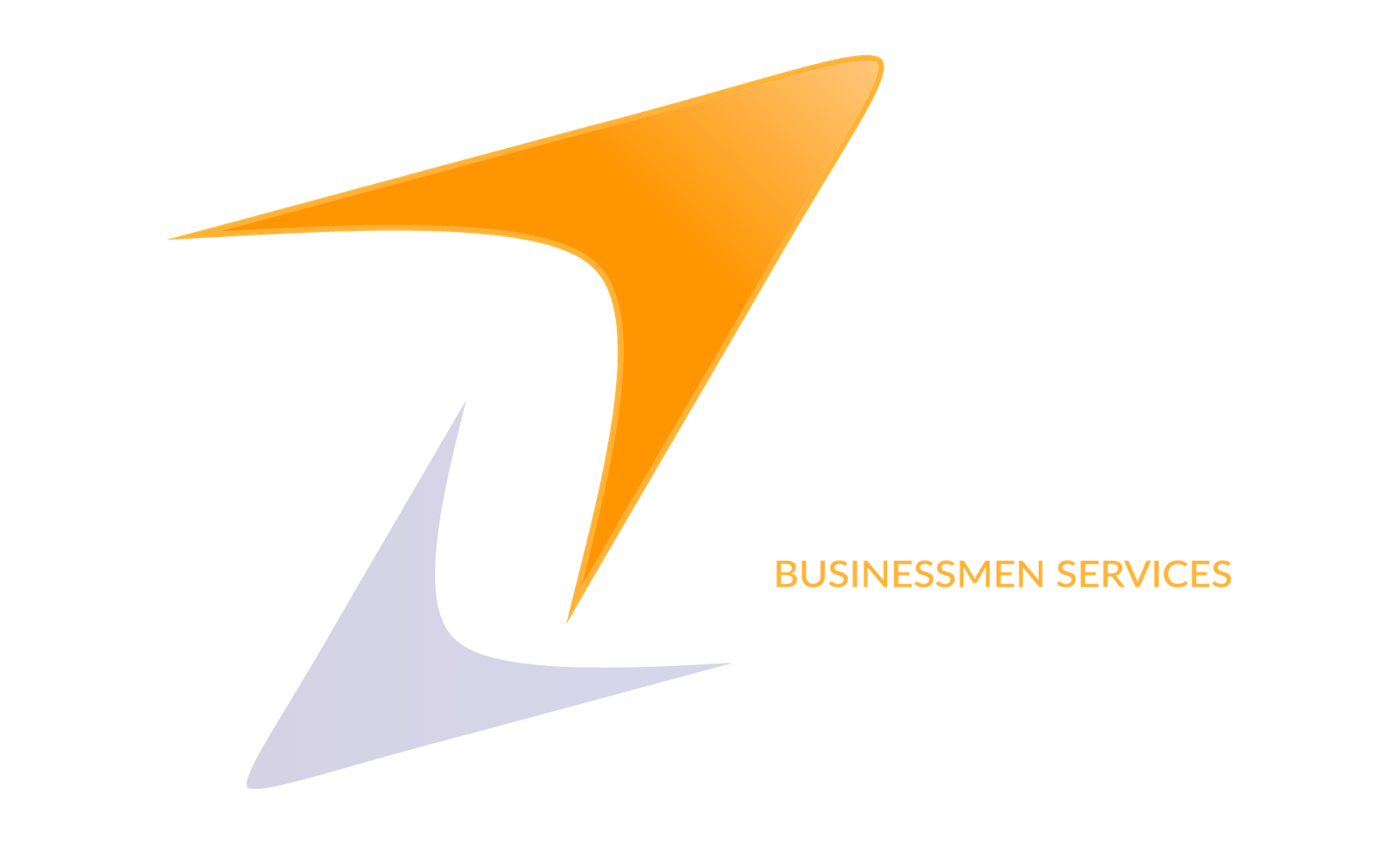Certificate Attestation
Certificate attestation is a process of verifying the authenticity of documents and their legitimacy. It is often required for various purposes, such as employment, education, immigration, and legal matters. The process involves validating that the document is genuine and has been issued by a recognized authority.
- Understand the Requirements
Purpose: Determine why you need the attestation. Different purposes may require different types of attestation (e.g., employment, higher education, family visa).
Documents: Identify which documents need attestation. Commonly attested documents include educational certificates, birth certificates, marriage certificates, and professional qualifications.
- Obtain the Original Documents
Ensure that you have the original certificates or documents that need to be attested. Some authorities may require copies, but originals are usually necessary for the attestation process.
- Notarization (if applicable)
Notary Public: In some cases, you may need to have your documents notarized by a notary public. This step confirms that the document is genuine and that it was signed in the presence of a notary.
- Attestation by Issuing Authority
Local Authority: The first step is often to get your document attested by the relevant local authority or department that issued it. For example, educational certificates might need to be attested by the educational institution or the Ministry of Education.
- Attestation by the Ministry of Foreign Affairs (MOFA)
After local attestation, the document may need to be verified by the Ministry of Foreign Affairs or equivalent authority in your country. This step ensures that the document is recognized at a national level.
- Consular Attestation
Embassy/Consulate: For international use, documents often need to be attested by the embassy or consulate of the country where the document will be used. This step confirms that the document is valid and acceptable in the foreign country.
- Legalization (if needed)
Some countries require additional steps such as legalization or further verification by international bodies. Check the specific requirements of the country where the document will be used.
- Submission and Collection
Submit the documents to the appropriate authorities as per the requirements. This may involve in-person visits, online submissions, or postal services. Once attested, collect your documents from the relevant authority or consulate.
- Common Types of Certificate Attestation
- Educational Certificates: Degrees, diplomas, transcripts.
- Birth Certificates: For immigration, travel, and legal purposes.
- Marriage Certificates: For visa applications, spousal sponsorship.
- Professional Certificates: Work experience certificates, professional qualifications.
- Tips for a Smooth Attestation Process
- Verify Requirements: Check the specific attestation requirements for your purpose and destination country.
- Prepare Documents: Ensure all required documents are complete and accurate.
- Follow Instructions: Adhere to the procedures outlined by each authority involved in the attestation process.
Contact Now ZULFA Businessmen

Pages
services
-
Business Men Services -
New License & Renew License -
Rent Contract Dubai
-
Golden Visa -
Labor and Workers Services -
Tourist & family visa -
eChannel’s Visa Applications